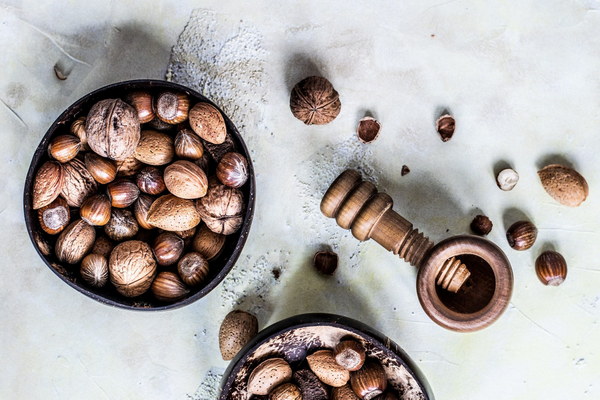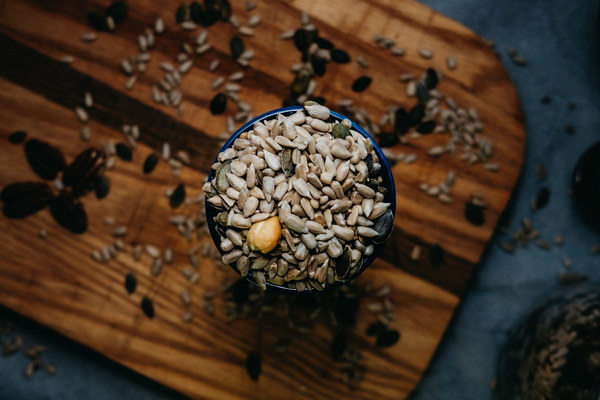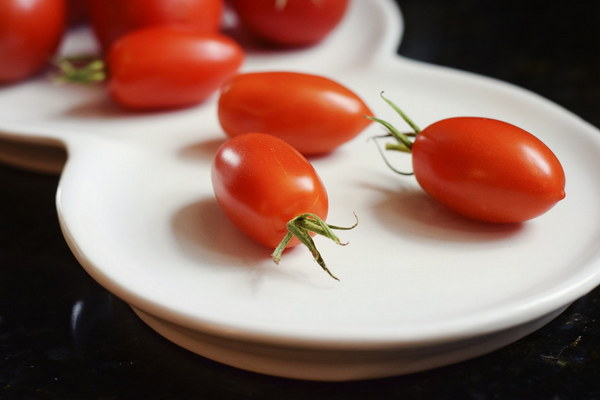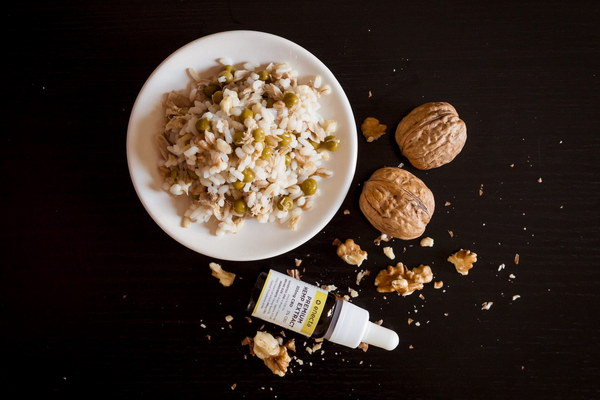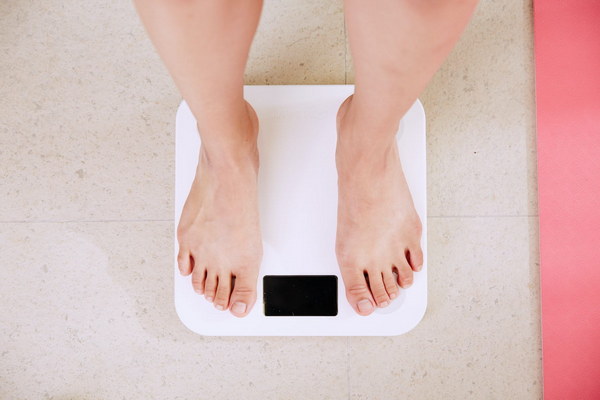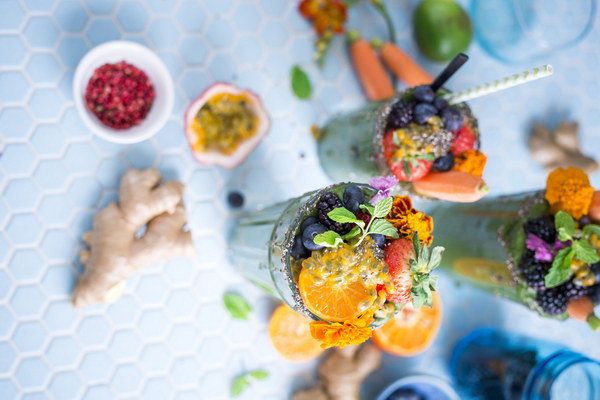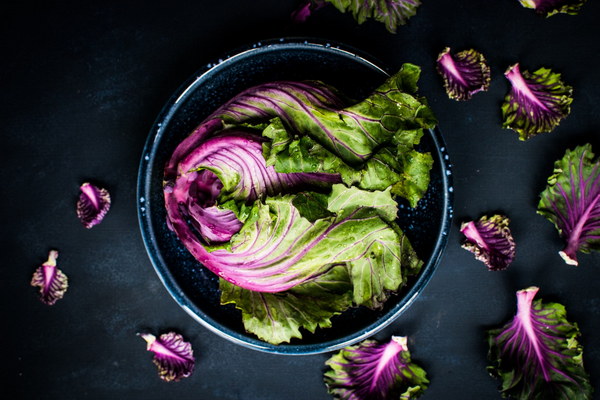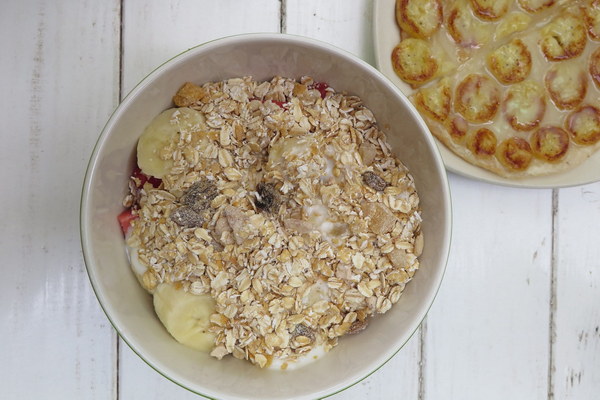Navigating the Social Scene Tips for Sobering Up and Liver Protection After a Night of Celebration
In the fast-paced world of social engagements and networking events, the art of the 'after-party' often becomes a critical concern. Whether it's a business dinner, a wedding reception, or a festive celebration, alcohol is often the centerpiece of the evening. However, indulgence in alcoholic beverages can lead to discomfort and potential liver damage. This article delves into practical tips for sobering up and protecting your liver after a night of festivities.
Understanding the Impact of Alcohol on the Liver
Before we delve into the strategies for liver protection and sobering up, it's essential to understand the impact of alcohol on the liver. The liver is the body's primary detoxifier, and when it comes to processing alcohol, it works tirelessly. Excessive alcohol consumption can lead to fatty liver, alcoholic hepatitis, fibrosis, and ultimately, cirrhosis—a serious condition that can lead to liver failure.
Hydration: The First Step to Liver Protection
The first and perhaps most crucial step in liver protection after a night of drinking is to stay hydrated. Alcohol is a diuretic, which means it causes the body to lose fluids. This dehydration can exacerbate the damage caused by alcohol to the liver. Here's how to keep your body hydrated:
1. Drink Water: Aim to drink at least one glass of water for every alcoholic beverage consumed.
2. Avoid Caffeinated Drinks: Caffeine can further dehydrate the body, so opt for water over coffee or tea.
3. Eat Hydrating Foods: Fruits like watermelon and cucumbers, as well as vegetables like celery, can help rehydrate your body.
4. Supplements: Consider using electrolyte supplements to replenish lost minerals.
Nourishing Your Body
In addition to hydration, nourishing your body with the right foods can help support liver health. Here are some tips:
1. Protein: Consuming protein can help your liver repair itself. Good sources include lean meats, fish, eggs, and legumes.
2. Fiber: Foods rich in fiber can help reduce the absorption of alcohol into the bloodstream. Aim for whole grains, vegetables, and fruits.
3. Antioxidants: Berries, green leafy vegetables, and nuts are packed with antioxidants that can help combat alcohol-induced oxidative stress.
4. Avoid Refined Carbs: Foods high in refined sugars and carbohydrates can increase the production of fat in the liver, so try to limit these.
Sobering Up Strategies

If you're looking to sober up quickly, here are some strategies that may help:
1. Sleep: Sleep is one of the best ways for your body to recover from alcohol. Try to get as much rest as possible.
2. Cold Showers: A cold shower can help stimulate your metabolism and increase blood flow to your liver.
3. Exercise: Light exercise can help increase your heart rate and promote blood flow, but avoid vigorous workouts that may cause dehydration.
4. Avoid Caffeine and Nicotine: These substances can exacerbate the withdrawal symptoms of alcohol and further stress your body.
Preventive Measures for Future Events
To prevent the need for a 'sobering up' routine in the future, consider these preventive measures:
1. Moderation: Drink in moderation and alternate alcoholic beverages with non-alcoholic ones.
2. Know Your Limits: Be aware of how much alcohol you can consume without experiencing negative side effects.
3. Plan for a Designated Driver: If you're going to be drinking, plan ahead for a designated driver or arrange for a safe ride home.
Conclusion
While no immediate solution can fully reverse the effects of alcohol on the liver, implementing these strategies can help mitigate damage and ensure a quicker recovery. By staying hydrated, nourishing your body, and employing sobering up techniques, you can navigate the social scene with your liver health in mind. Remember, moderation is key, and taking care of your body is an investment in your long-term well-being.
